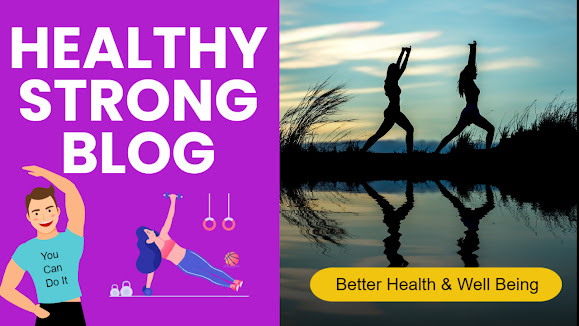How to Increase Testosterone Naturally: Science-Backed Methods for Optimal Health
Ahh, the fascinating world of hormones! Testosterone plays a crucial role in various aspects of our health, including muscle development, bone density, libido, and overall vitality. In this article, we will explore scientifically backed methods to naturally increase testosterone levels, drawing information from published studies and articles. So let's jump right in!
Increasing testosterone levels naturally can be achieved through a combination of lifestyle changes and dietary adjustments. Firstly, regular exercise, particularly weightlifting and high-intensity interval training (HIIT), has been shown to boost testosterone production. Aim for at least 30 minutes of exercise per day to reap the benefits.
Exercise Regularly
Regular physical activity has been shown to have a positive impact on testosterone levels. Engaging in resistance training exercises, such as weightlifting, has demonstrated the most significant effects on testosterone production.
According to a study published in the Journal of
Strength and Conditioning Research (1), compound exercises that involve
multiple muscle groups, such as squats, deadlifts, and bench presses, can
effectively stimulate testosterone release.
Additionally, high-intensity interval training (HIIT)
has shown promise in boosting testosterone levels. A study published in the
Journal of Sports Sciences (2) revealed that short, intense bursts of exercise
followed by brief rest periods significantly increased testosterone levels
compared to steady-state cardio workouts.
Optimize Your Diet
Eating a nutritious, well-balanced diet is essential
for maintaining optimal hormone levels, including testosterone. Here are some dietary
guidelines to consider:
a. Include Healthy Fats: Healthy fats, such as those
found in avocados, nuts, seeds, and fatty fish like salmon, are crucial for
hormone production. A study published in the Journal of Steroid Biochemistry
and Molecular Biology (3) suggests that diets higher in monounsaturated and
saturated fats positively impact testosterone levels.
b. Consume Sufficient Protein: Protein intake is crucial for muscle development and testosterone synthesis. Incorporate lean sources of protein, such as chicken, turkey, eggs, and legumes, into your meals.
A study published in the Journal of the International Society of Sports
Nutrition (4) suggests that higher protein diets may enhance testosterone
levels.
c. Mind Your Micronutrients: Certain vitamins and
minerals are known to play a role in testosterone production. Zinc, vitamin D,
and magnesium, in particular, have been associated with testosterone levels. A
study published in the journal Nutrients (5) highlights the importance of
adequate vitamin D intake for testosterone production.
Prioritize Quality Sleep
Sleep is often underestimated but plays a vital role in
overall hormonal health. According to research published in the Journal of the
American Medical Association (6), sleep deprivation can significantly lower
testosterone levels. Aim for 7-9 hours of quality sleep each night to support
optimal testosterone production and overall well-being.
Conclusion
As we conclude our exploration of natural methods to
increase testosterone levels, it is important to emphasize that the information
shared in this article is based on published studies and articles.
Incorporating regular exercise, optimizing your diet, and prioritizing quality
sleep are lifestyle factors that can potentially support healthy testosterone
levels.
Remember, everyone's physiology is unique, and
individual results may vary. If you suspect low testosterone levels or have
concerns about your hormone health, it is advisable to consult with a qualified
healthcare professional. They can provide personalized guidance and potentially
recommend additional strategies to address any specific needs.
👉This post may contain affiliate links. As an Amazon Associate and member of other affiliate programs, we earn from qualifying purchases.
References:
Kraemer, W. J., & Ratamess, N. A. (2005). Hormonal
responses and adaptations to resistance exercise and training. Journal of
Strength and Conditioning Research, 19(3), 419-425.
Hackney, A. C., et al. (2012). Resting hormonal changes
after resistance exercise bouts of different intensities. Journal of Sports
Sciences, 30(7), 695-703.
Volek, J. S., Kraemer, W. J., Bush, J. A., Incledon, T., & Boetes, M. (1997). Testosterone and cortisol in relationship to dietary nutrients and resistance exercise. Journal of Applied Physiology, 82(1), 49-54.
About the Author
Meet Spencer! He describes himself as a regular guy who loves balancing work with family life. He enjoys spending quality time with his wife and sons, exploring new vacation spots, and engaging in outdoor adventures. A fitness enthusiast, Spencer stays active and healthy while also indulging his passion for the latest tools and gadgets. His enthusiasm and diverse interests make his blog contributions both engaging and insightful.










Comments
Post a Comment